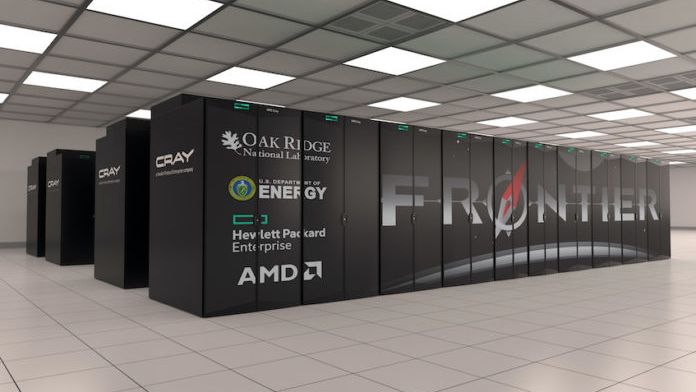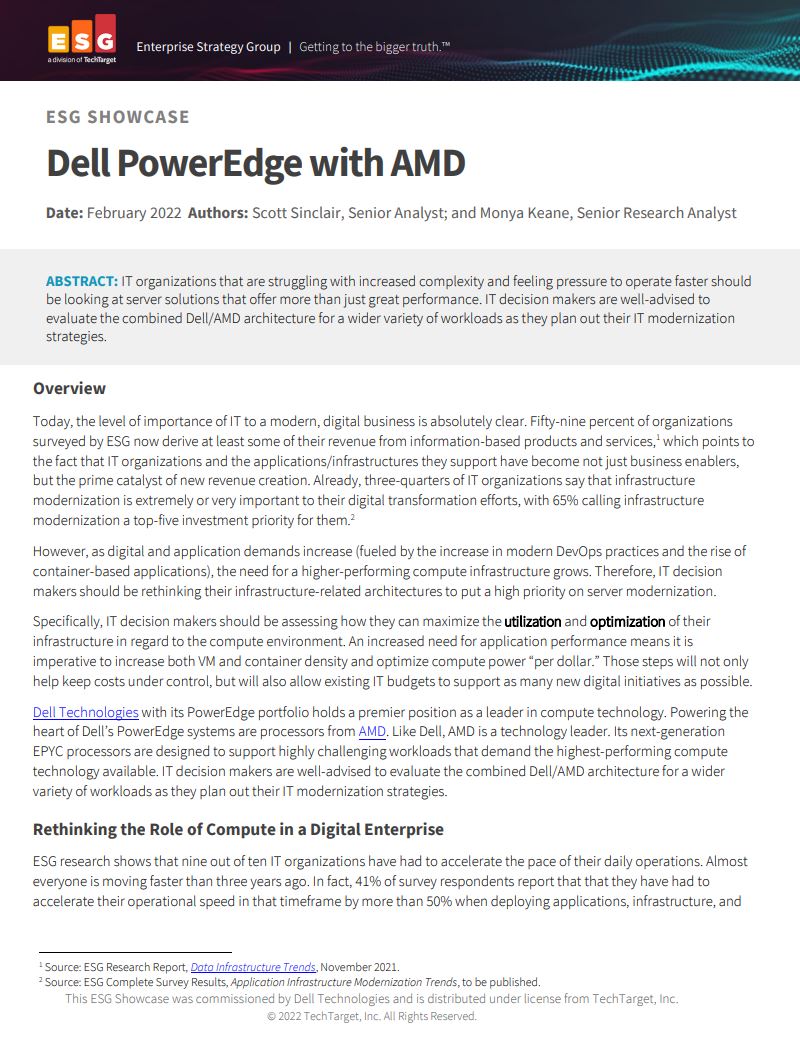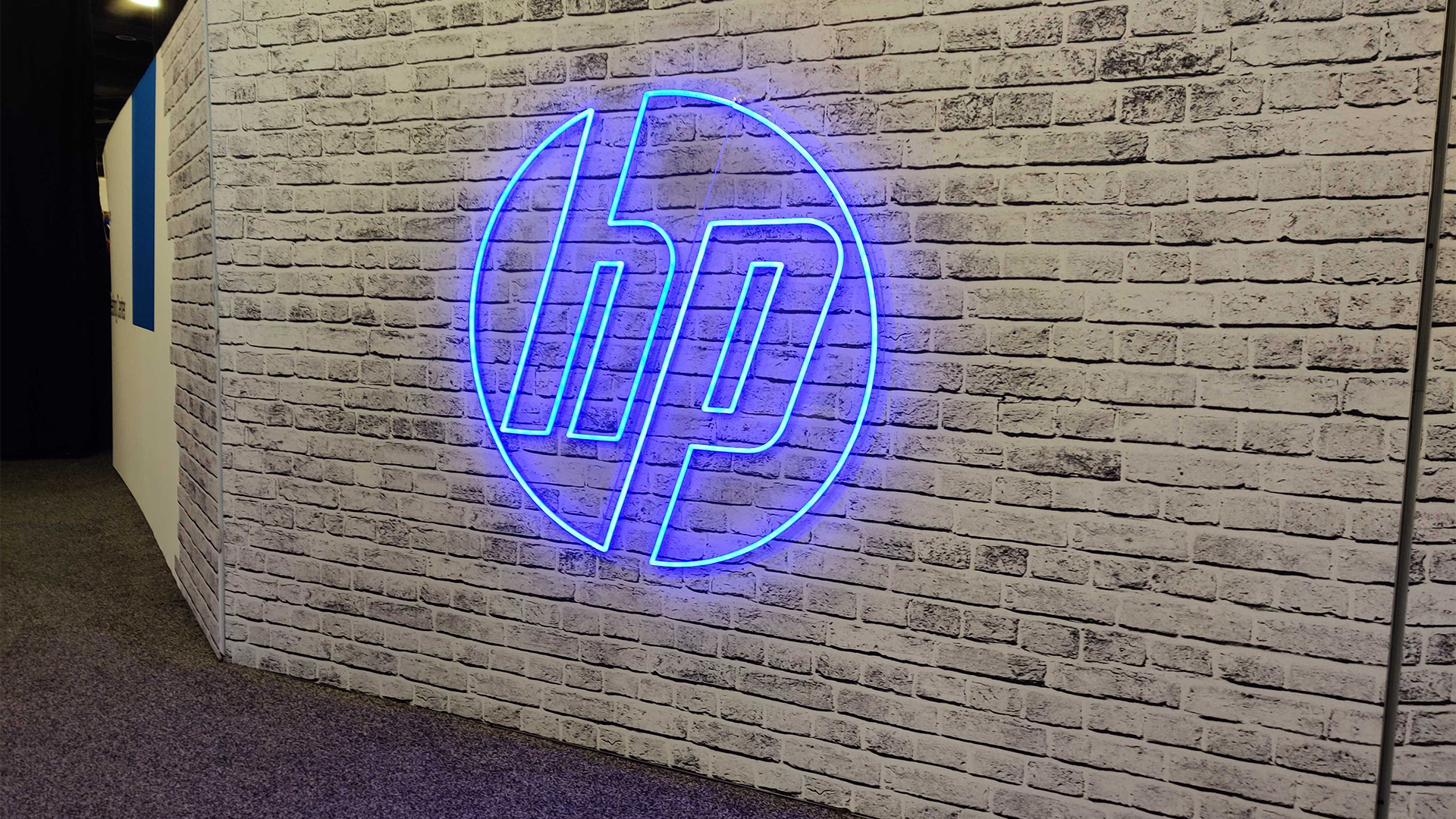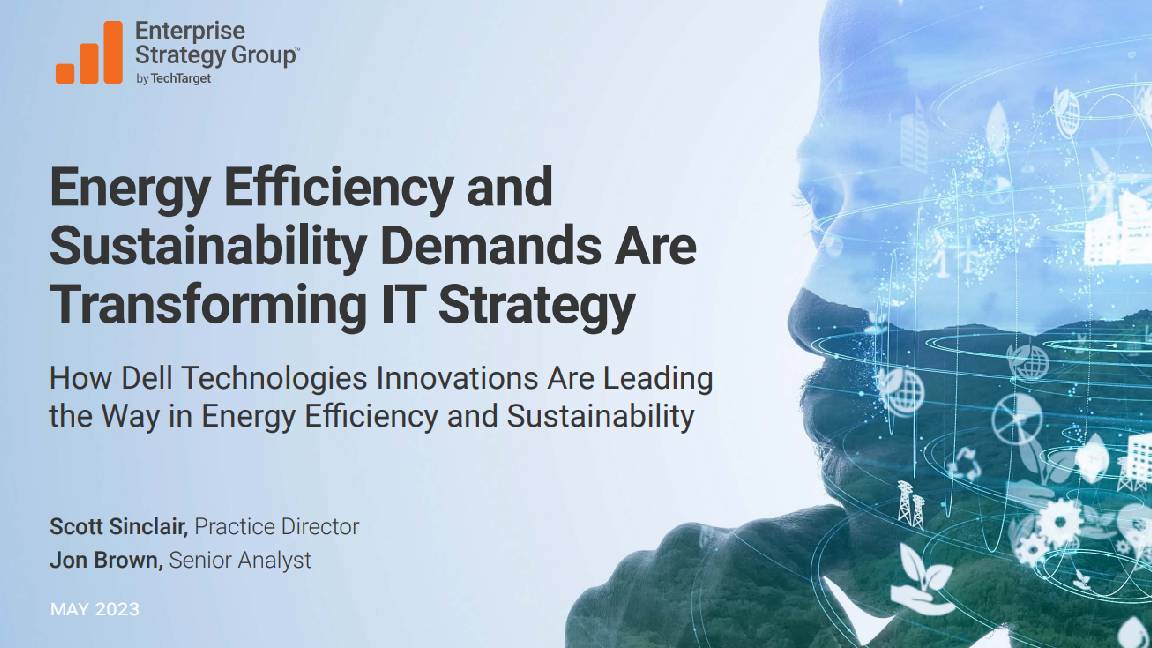Climate supercomputer model to receive $70 million research boost
The Department of Energy is looking to improve its complex climate model, which runs on the world's fastest computer


The US Department of Energy (DoE) has announced seven new projects to receive a total of $70 million funding, which will work to improve its climate prediction model.
The Energy Exascale Earth System Model (E3SM) is the DoE’s advanced model for climate prediction, operating at exascale levels to provide extremely detailed simulations of weather systems, changes in ocean currents, and decade-long shifts in climate.
The projects are expected to assist in the development of more advanced simulations, covering areas a specific as ice-flow to provide a more accurate overall view of climate change.
E3SM is run on Frontier, the DoE’s supercomputer that in May officially took the title of the world’s fastest computer. Having exceeded 1 ExaFlop/s in a benchmark, Frontier has a theoretical maximum speed of 2 exaflops, which can be expressed as two quintillion calculations per second. In total, the system includes over 9,400 CPUs and over 37,000 GPUs.
Funding was allocated through the DoE Funding Opportunity Announcement for Scientific Discovery through Advanced Computing, with $70 million over the next five years and $14 million expected this fiscal year.
The list of winning projects includes Los Alamos National Laboratory’s (LANL) ‘Framework for Antarctic System Science in E3SM’, Pacific Northwest National Laboratory’s (PNNL) ‘Capturing the Dynamics of Compound Flooding in E3SM’, and The University of Mexico’s ‘Improved Coupled Climate Simulations in E3SM Through Enhanced Sea-Ice Mechanics’.
In June, the DoE Argonne National Laboratory announced the release of an updated version of E3SM titled E3SMv2, which runs at over double the speed of the older model. It is capable of modelling global atmospheric conditions at a resolution of 100km, as well as a more refined 25km resolution over North America.
Get the ITPro daily newsletter
Sign up today and you will receive a free copy of our Future Focus 2025 report - the leading guidance on AI, cybersecurity and other IT challenges as per 700+ senior executives
Also included in the update was a new input output (I/O) library labelled SCORPIO, which utilises more efficient algorithms and improved data caching to speed up the overall I/O process.
RELATED RESOURCE

Dell PowerEdge with AMD
IT applications and infrastructure are the prime catalyst for new revenue creation
The funding comes shortly after the Inflation Reduction Act was signed into law by President Biden, which allocates $369 billion toward renewable energy and energy security. It will provide companies with large tax incentives for adopting greener technologies, which could lead to more sustainability firms starting up, or spur green digital transformation.
“Being able to understand and predict what is happening in a system as complex as planet Earth is crucial to finding solutions to climate change,” said U.S. secretary of energy Jennifer M. Granholm.

Rory Bathgate is Features and Multimedia Editor at ITPro, overseeing all in-depth content and case studies. He can also be found co-hosting the ITPro Podcast with Jane McCallion, swapping a keyboard for a microphone to discuss the latest learnings with thought leaders from across the tech sector.
In his free time, Rory enjoys photography, video editing, and good science fiction. After graduating from the University of Kent with a BA in English and American Literature, Rory undertook an MA in Eighteenth-Century Studies at King’s College London. He joined ITPro in 2022 as a graduate, following four years in student journalism. You can contact Rory at rory.bathgate@futurenet.com or on LinkedIn.
-
 Should AI PCs be part of your next hardware refresh?
Should AI PCs be part of your next hardware refresh?AI PCs are fast becoming a business staple and a surefire way to future-proof your business
By Bobby Hellard Published
-
 Westcon-Comstor and Vectra AI launch brace of new channel initiatives
Westcon-Comstor and Vectra AI launch brace of new channel initiativesNews Westcon-Comstor and Vectra AI have announced the launch of two new channel growth initiatives focused on the managed security service provider (MSSP) space and AWS Marketplace.
By Daniel Todd Published
-
 HP’s sustainability drive is paying off for channel partners
HP’s sustainability drive is paying off for channel partnersNews Channel partners that bought into HP’s sustainability program saw sales increase as customers react positively
By Solomon Klappholz Published
-
 Beyond the upgrade: How to maximize IT investments and minimize waste
Beyond the upgrade: How to maximize IT investments and minimize wasteHow to maintain optimal performance and productivity with your fleet of hardware and stave off the next upgrade cycle for a bit longer
By ITPro Published
-
 Energy efficiency and sustainability demands are transforming IT strategy
Energy efficiency and sustainability demands are transforming IT strategywhitepaper How Dell Technologies innovations are leading the way in energy effiency and sustainability
By ITPro Published
-
 Energy efficiency and sustainability demands are transforming IT strategy
Energy efficiency and sustainability demands are transforming IT strategywhitepaper How Dell Technologies innovations are leading the way in energy effiency and sustainability
By ITPro Published
-
 Creating successful supply chain planning transformations in the consumer industry
Creating successful supply chain planning transformations in the consumer industryWhitepaper Think differently about SCP transformations and, in doing so, move into a better future for supply chains
By ITPro Published
-
 Better together
Better togetherWhitepaper Achieve more with Windows 11 and Surface
By ITPro Published
-
 Transforming the enterprise
Transforming the enterpriseWhitepaper With Intel and CDW
By ITPro Published
-
 Your guide to smarter printing: 2024 edition
Your guide to smarter printing: 2024 editionWhitepaper Making smarter printing simple for all businesses
By ITPro Published